Ben Askren Youth Coaching Philosophies
Ben Askren Youth Coaching Philosophies
2x NCAA Champion, Olympian and current ONE FC welterweight champion Ben Askren is about as passionate about wrestling as one can be. That passion goes much further than simply enjoying the sport. Ben Askren wants what's best for wrestling and what's best
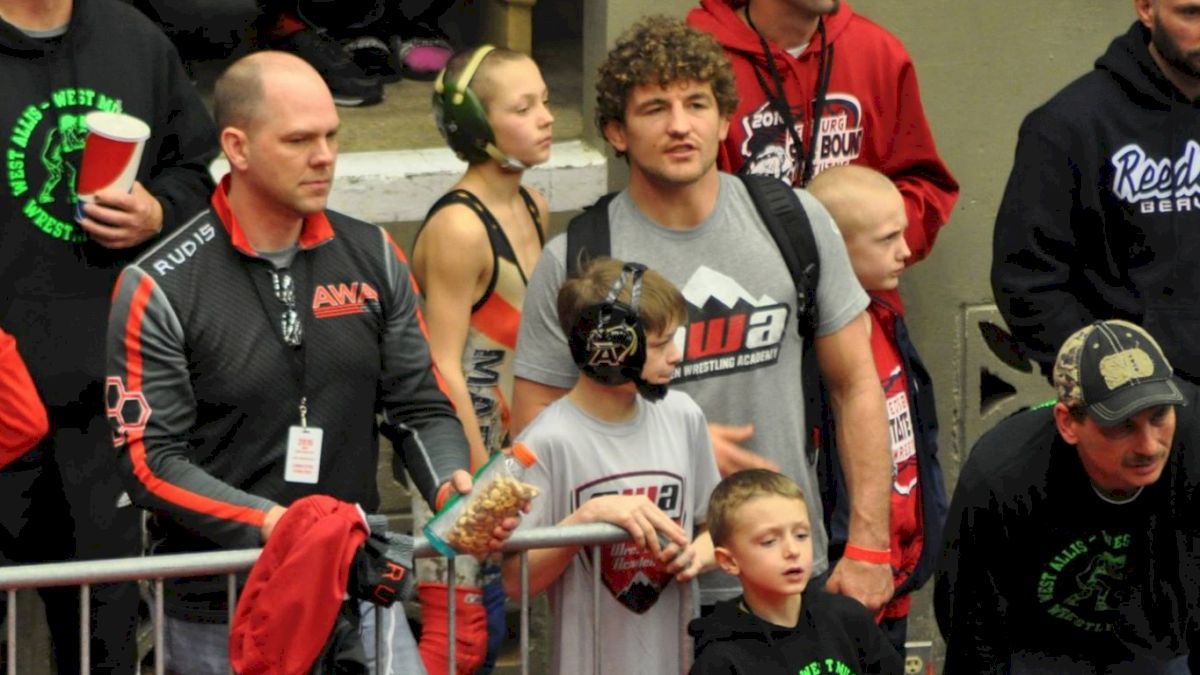
As a two-time NCAA champion, Olympian, and current ONE FC welterweight title holder, Ben Askren has a passion for wrestling that goes much further than simply enjoying the sport. He wants what's best for wrestling and what's best for its future.
Along with his success on the mat, Askren has now turned his focus from competing to coaching. He and his brother, Max, run Askren Wrestling Academy, a youth and high school wrestling club in Wisconsin.
Ben said:
10-12: More serious/elite practices. Don't cut weight, don't need to compete in lots of national tournaments.
13-14: Start to prepare for high school, practices get more serious. Wrestle 30-50 matches in a season.
Coaches, parents, and wrestlers, please take a listen to the advice that Askren has so kindly shared with the wrestling community. Youth wrestling is the future of our sport, and we all want the same things. We want lots of people to wrestle. We want kids to be taught, to learn, and to progress in the most effective ways possible for them to be successful and enjoy the sport.
Along with his success on the mat, Askren has now turned his focus from competing to coaching. He and his brother, Max, run Askren Wrestling Academy, a youth and high school wrestling club in Wisconsin.
Ben said:
I think one of the most valuable things I can do is influence thoughts in the youth wrestling community.For this reason, FloWrestling turned to Ben to pick his brain about coaching youth wrestling. One thing that stands out about his overall philosophy is that everything seems to be geared toward the kids achieving their overall, long-term goals more so than just quick success.
Age Progression
5-9: The earliest kids should start wrestling. Learn basic skills and enjoy it, little to no competition, 10-15 matches a year. Practices are one-hour long with lots of repetition.10-12: More serious/elite practices. Don't cut weight, don't need to compete in lots of national tournaments.
13-14: Start to prepare for high school, practices get more serious. Wrestle 30-50 matches in a season.
Winning
While winning should not be the end all be all, it is the objective of the sport. Askren uses winning is a good barometer to measure if the kids are doing the right things on a day-to-day basis. If the kids are making good decisions and the right choices, it will equal success on the mat. If the kids are not winning, then it's a challenge to figure out why and what needs to change.Askren's Philosophy Change
When Ben first started coaching youth wrestling, he actually heavily discouraged kids to compete. As time went on, he realized he may have been holding kids back too much and has since adjusted accordingly. Askren didn't want the 5- to 9-year-olds to compete at all, though he now thinks four to five tournaments a year is OK. Askren believes seventh- and eighth-grade wrestlers need to be wrestling close to the number of matches they will be wrestling during a full high school season.Problems With Youth Wrestling
Kids should make decisions, set a goal, and be accountable for it. The problem is that 5-to-9-year-old kids can't make those decisions for themselves, which is a reason they should not compete a whole lot. Sometimes parents try to make those decisions for the kids and push them toward those goals, but in most cases that does not work out well in the long run. When kids are young, they absolutely should not be cutting weight and wrestling 60 matches in a year. Temporary success typically won't produce long-term success.Coaching From The Corner
For the most part, Askren doesn't get too wound up in the corner, win or lose. Most of what he is doing is watching and trying to find out if the kids are doing what they practice. He is trying to measure what they are doing and figure out what is and what isn't working for them. Every kid is different, and getting to know his wrestlers individually is important to understand the kind of encouragement they need from a coach in their corner. On occasion, you will see Askren get fired up, but that may just be because that's what he feels the wrestler needs. Good opportunities for teachable moments are right after a match, especially a loss.Coaches, parents, and wrestlers, please take a listen to the advice that Askren has so kindly shared with the wrestling community. Youth wrestling is the future of our sport, and we all want the same things. We want lots of people to wrestle. We want kids to be taught, to learn, and to progress in the most effective ways possible for them to be successful and enjoy the sport.
Related Content
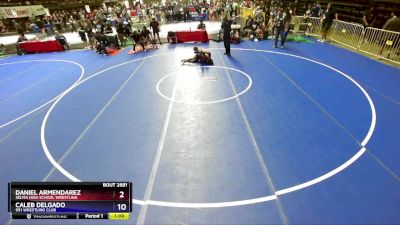 Replay: Mat 13 - 2024 CA Kids/Cadets/ Jr Gr FS | Apr 21 @ 8 AM
Replay: Mat 13 - 2024 CA Kids/Cadets/ Jr Gr FS | Apr 21 @ 8 AMApr 22, 2024
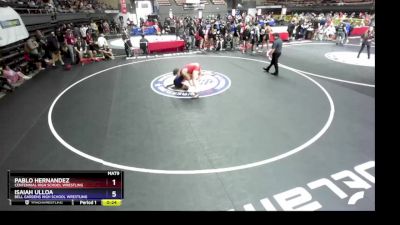 Replay: mat9 - 2024 CA Kids/Cadets/ Jr Gr FS | Apr 21 @ 8 AM
Replay: mat9 - 2024 CA Kids/Cadets/ Jr Gr FS | Apr 21 @ 8 AMApr 22, 2024
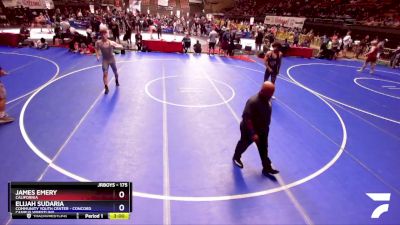 Replay: Mat 14 - 2024 CA Kids/Cadets/ Jr Gr FS | Apr 21 @ 8 AM
Replay: Mat 14 - 2024 CA Kids/Cadets/ Jr Gr FS | Apr 21 @ 8 AMApr 22, 2024
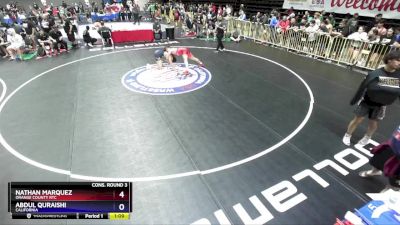 Replay: mat7 - 2024 CA Kids/Cadets/ Jr Gr FS | Apr 21 @ 8 AM
Replay: mat7 - 2024 CA Kids/Cadets/ Jr Gr FS | Apr 21 @ 8 AMApr 22, 2024
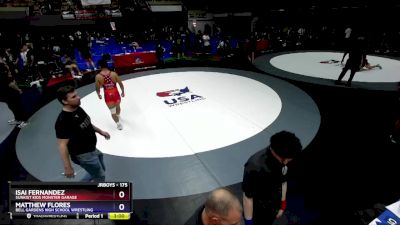 Replay: mat11 - 2024 CA Kids/Cadets/ Jr Gr FS | Apr 21 @ 8 AM
Replay: mat11 - 2024 CA Kids/Cadets/ Jr Gr FS | Apr 21 @ 8 AMApr 22, 2024
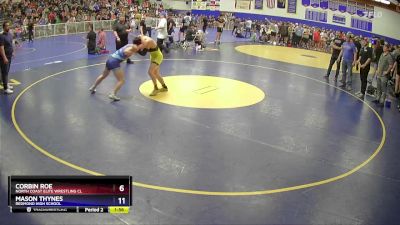 Replay: Mat 6 - 2024 OWA State Championships 2024 | Apr 21 @ 12 PM
Replay: Mat 6 - 2024 OWA State Championships 2024 | Apr 21 @ 12 PMApr 22, 2024
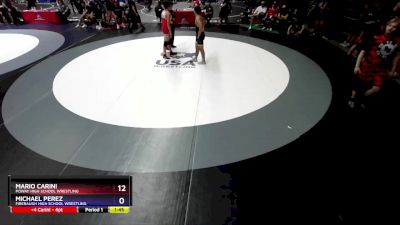 Replay: mat6 - 2024 CA Kids/Cadets/ Jr Gr FS | Apr 21 @ 8 AM
Replay: mat6 - 2024 CA Kids/Cadets/ Jr Gr FS | Apr 21 @ 8 AMApr 22, 2024
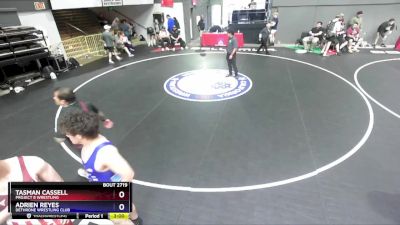 Replay: mat3 - 2024 CA Kids/Cadets/ Jr Gr FS | Apr 21 @ 8 AM
Replay: mat3 - 2024 CA Kids/Cadets/ Jr Gr FS | Apr 21 @ 8 AMApr 22, 2024
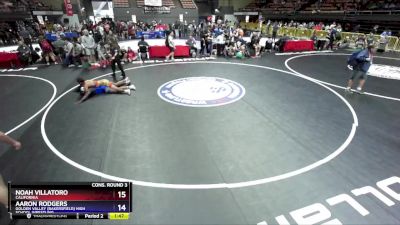 Replay: mat8 - 2024 CA Kids/Cadets/ Jr Gr FS | Apr 21 @ 8 AM
Replay: mat8 - 2024 CA Kids/Cadets/ Jr Gr FS | Apr 21 @ 8 AMApr 22, 2024